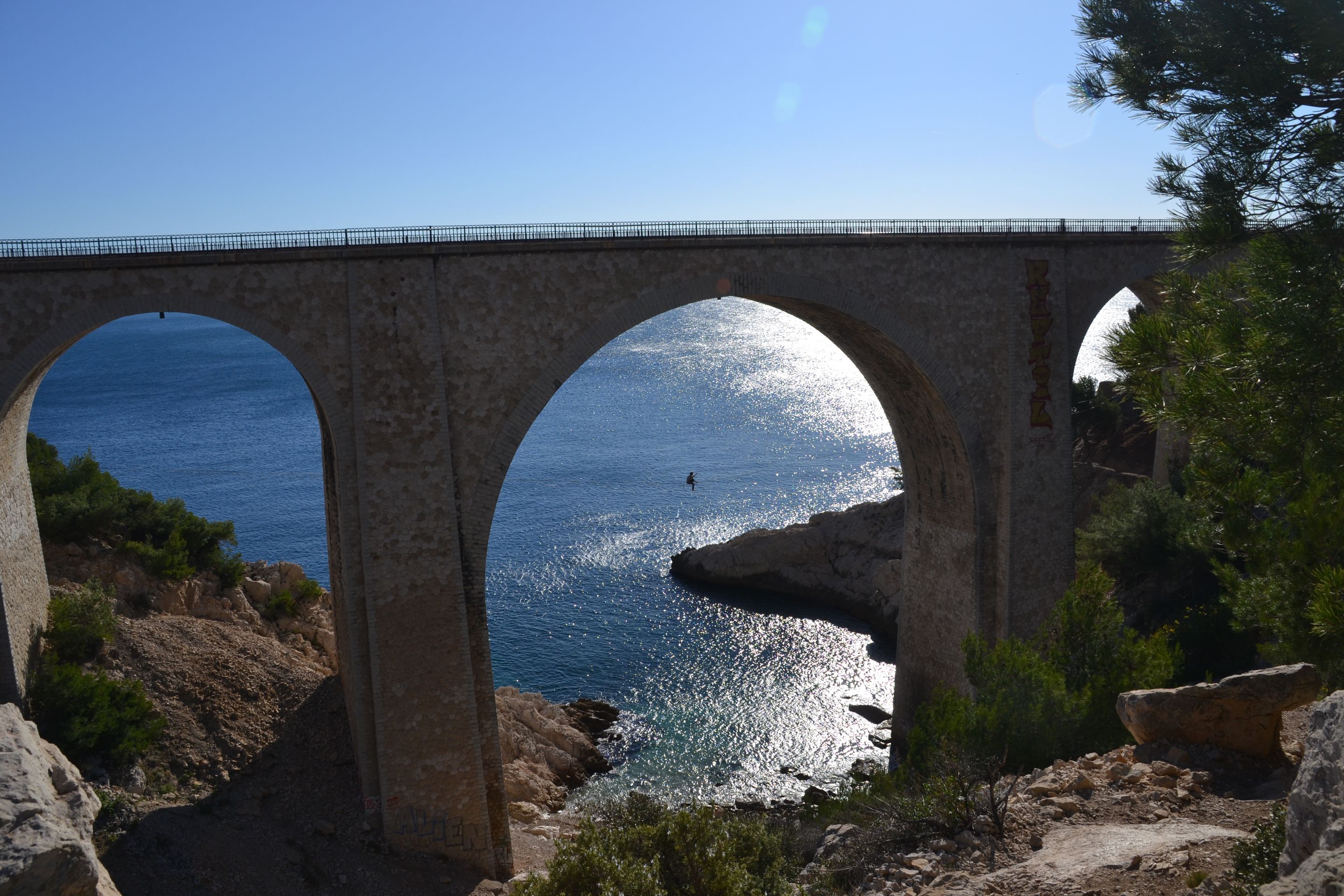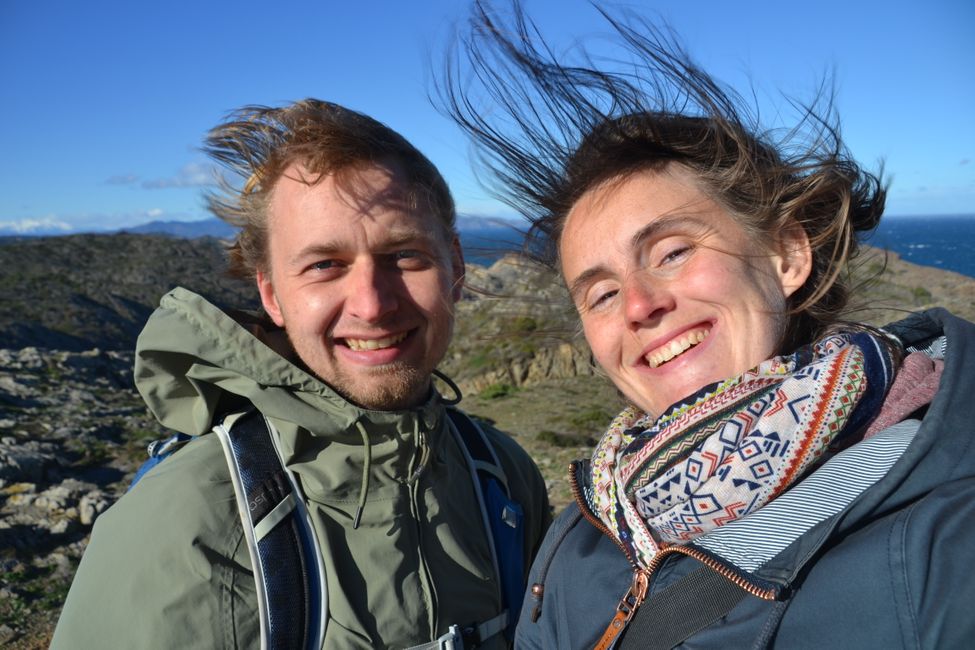#131 Conclusion Albania
La daabacay: 30.05.2022
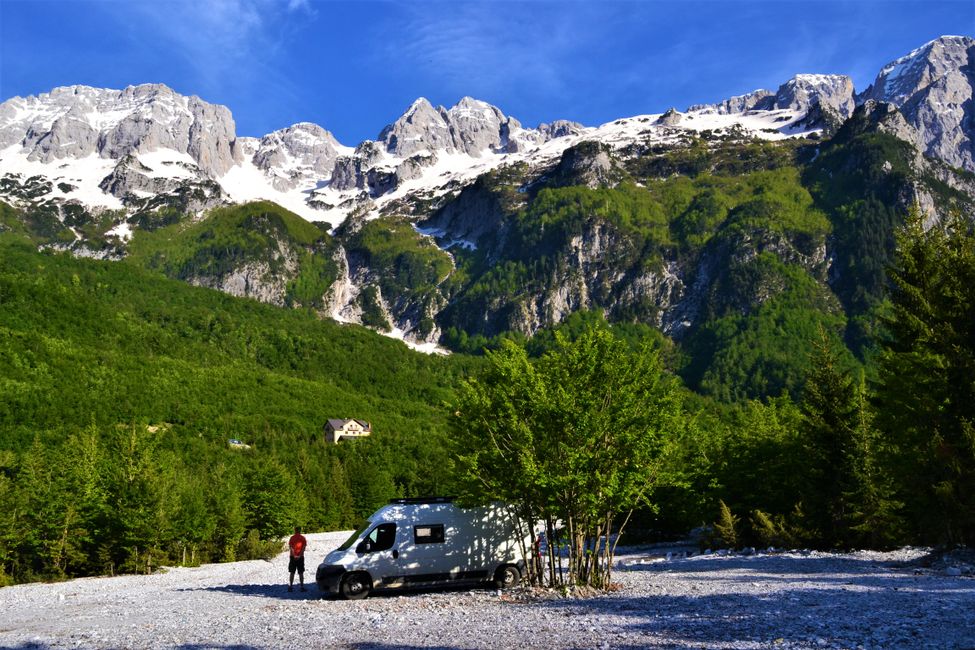
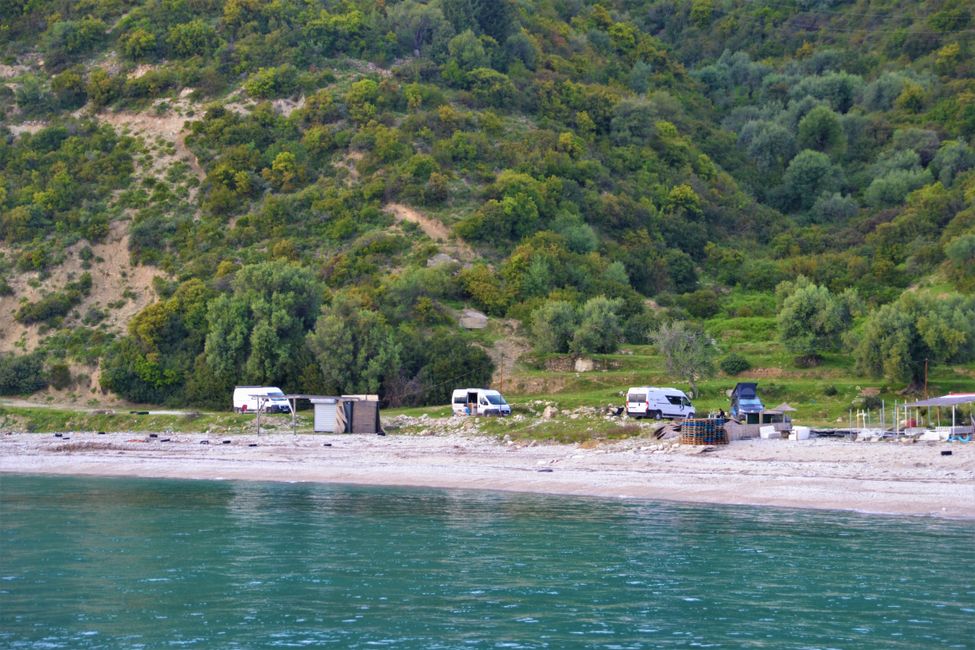
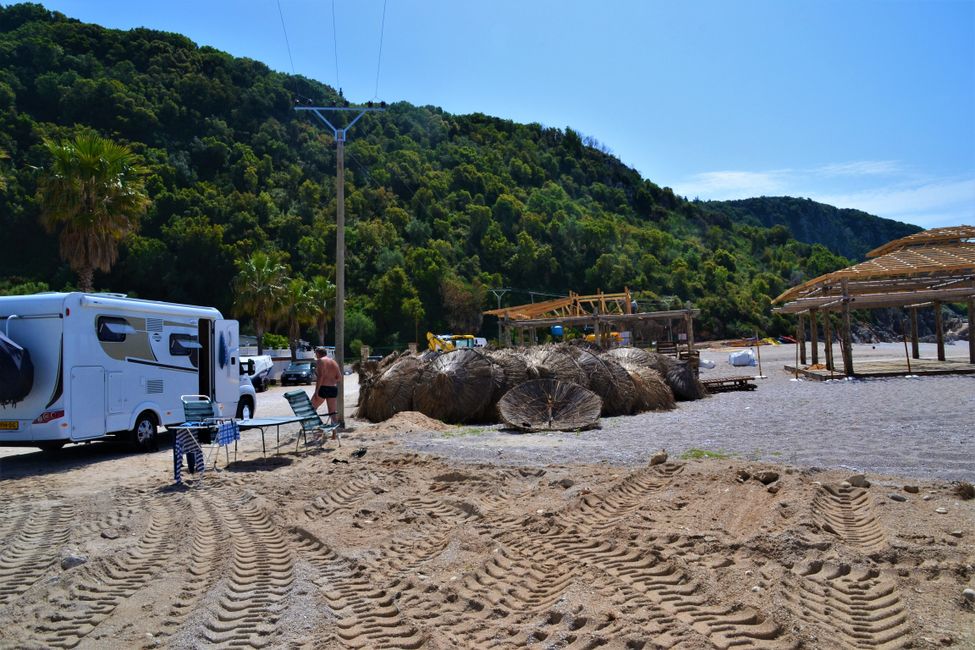
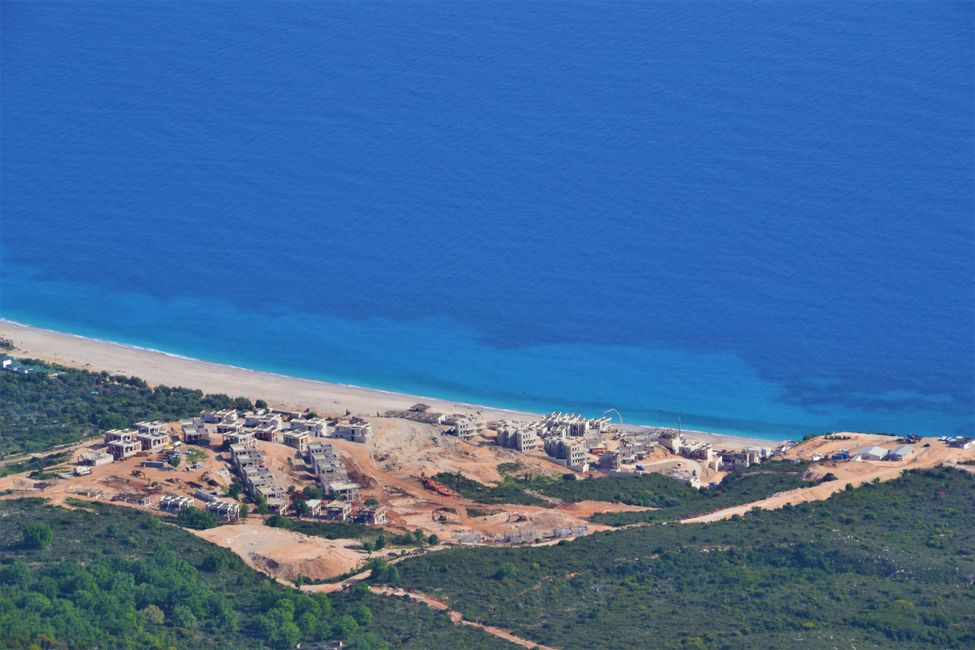
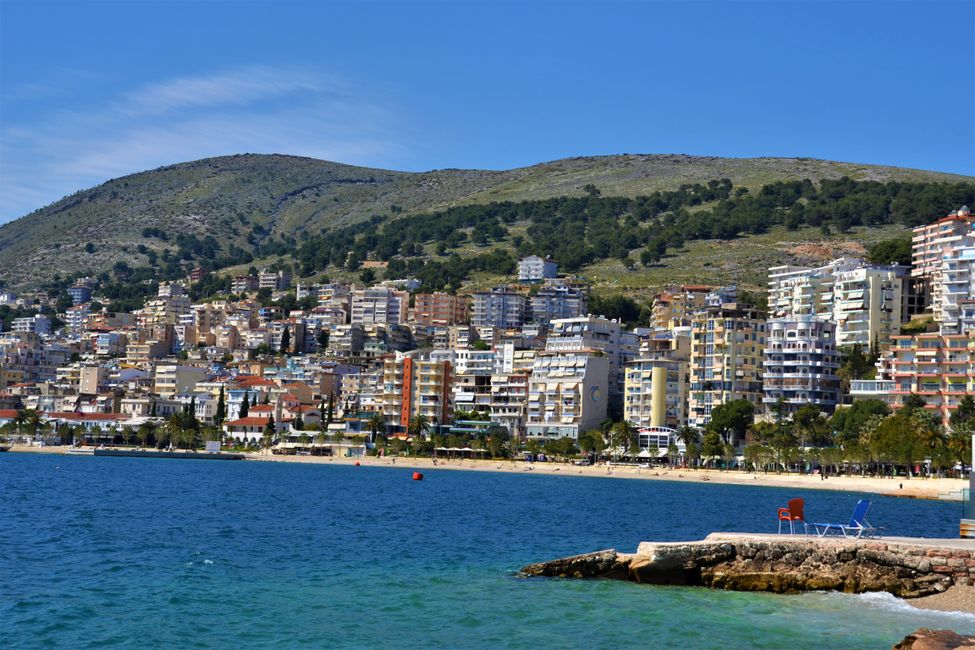
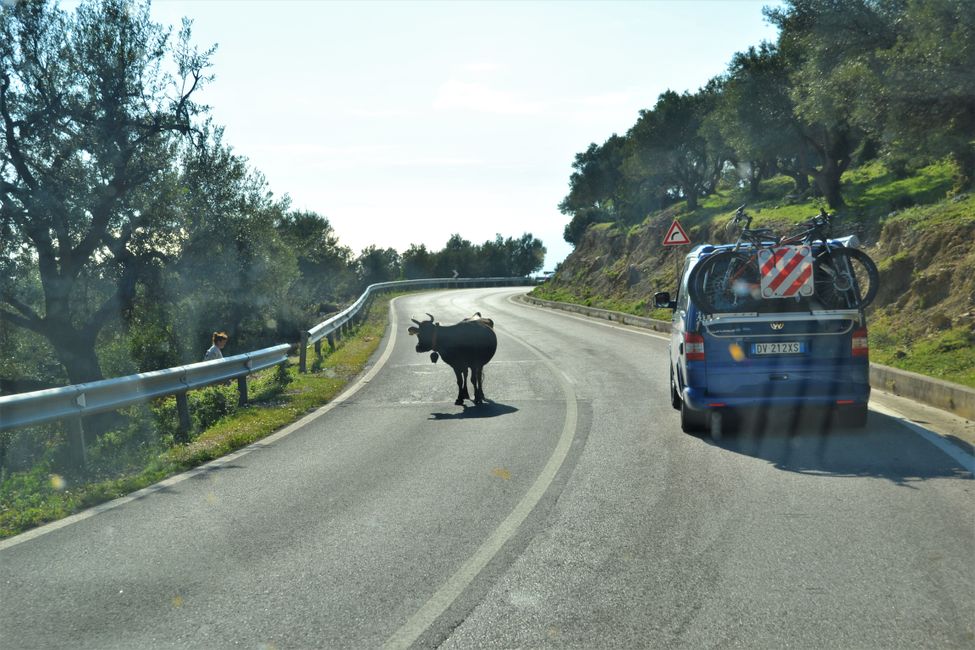
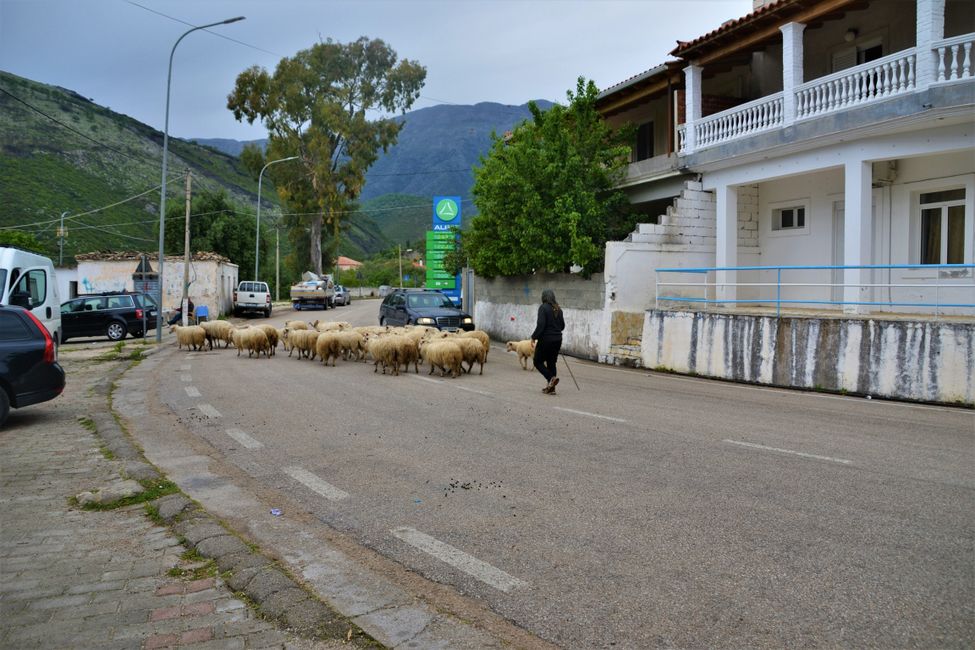
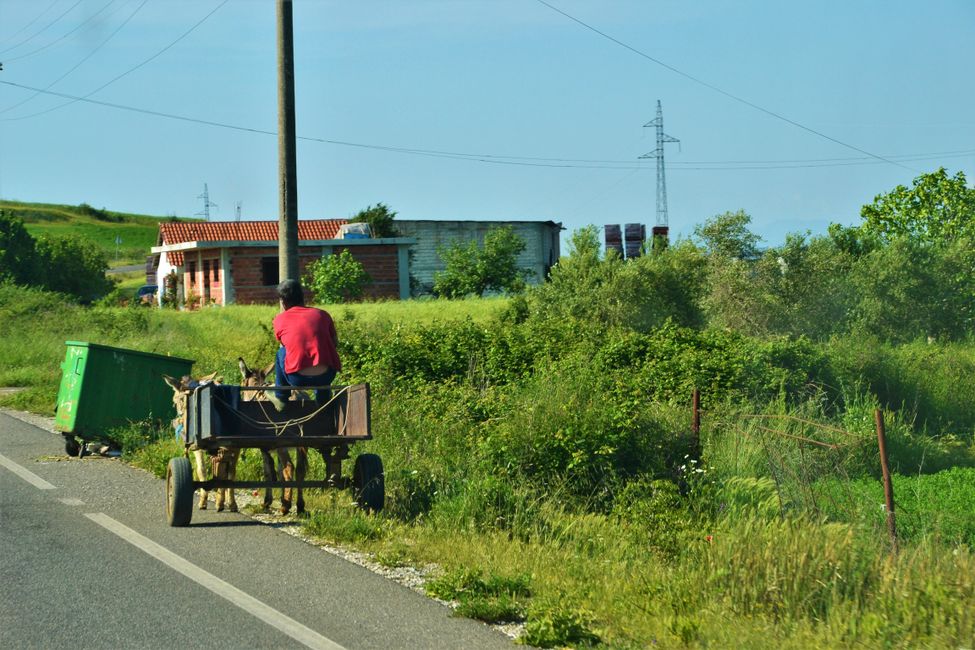
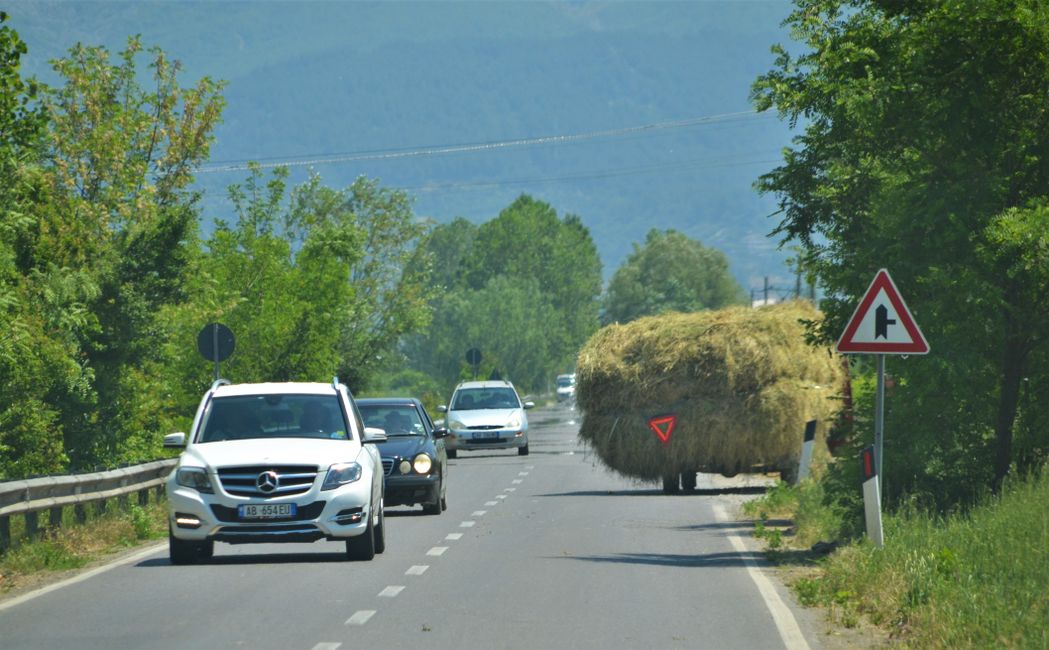
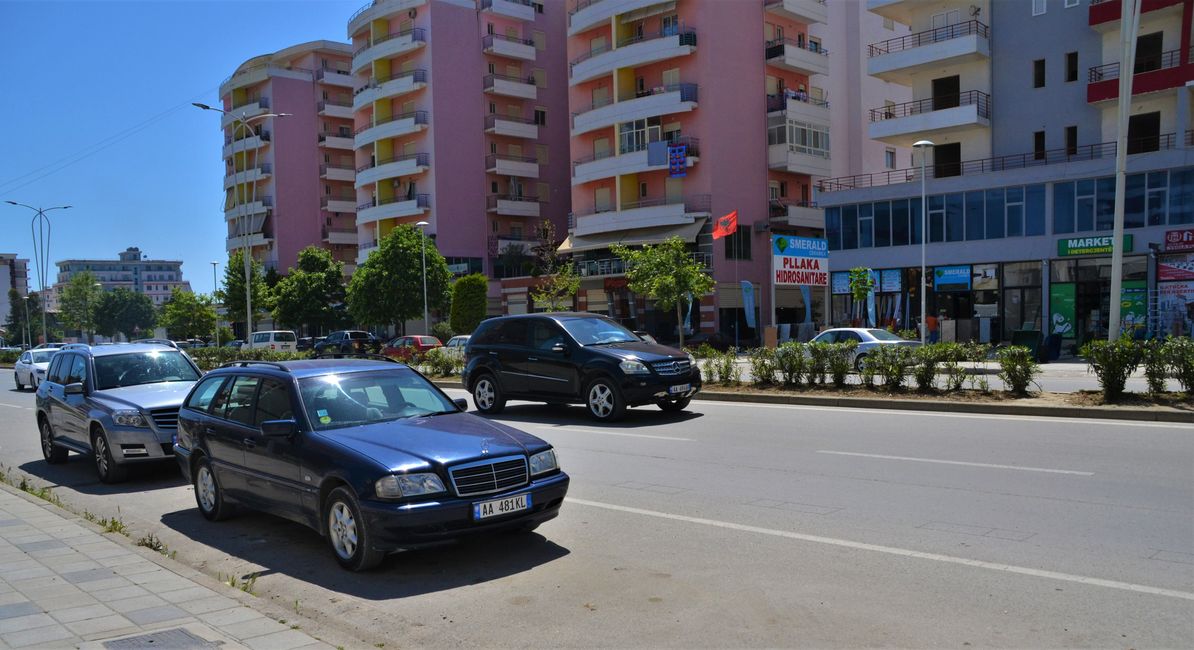
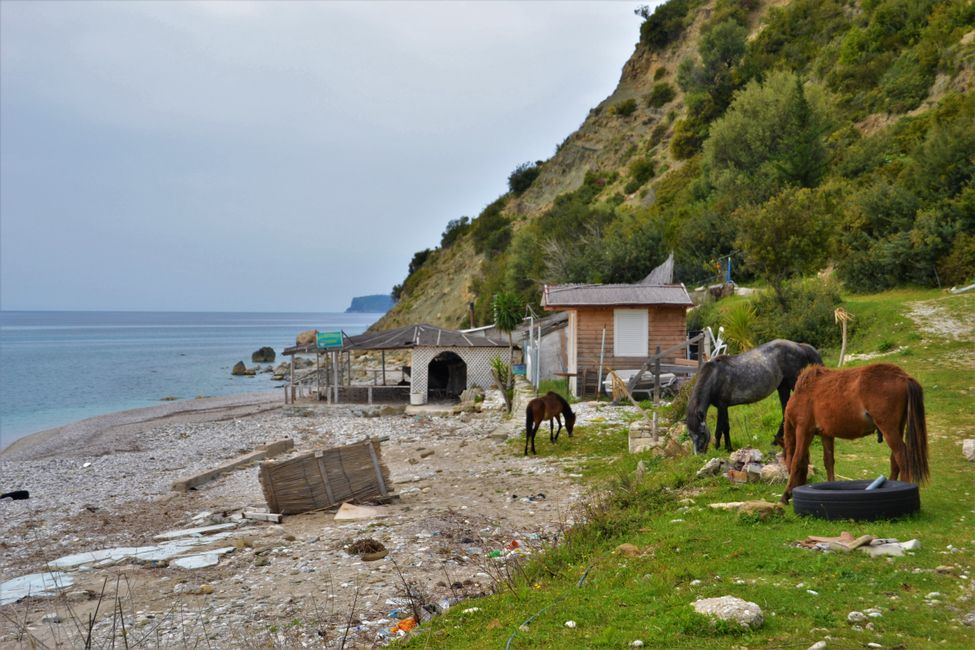
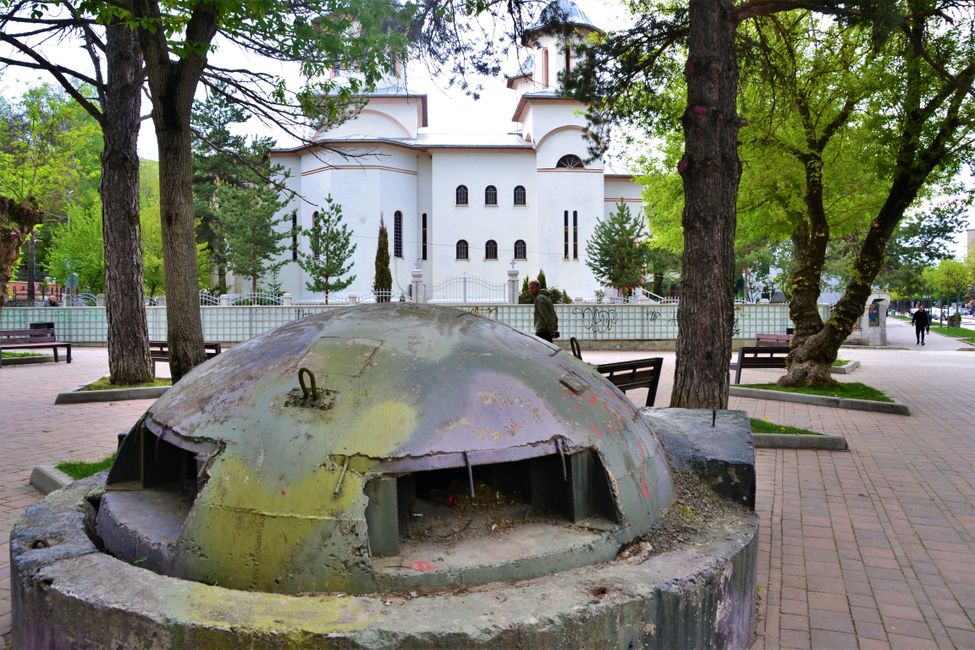
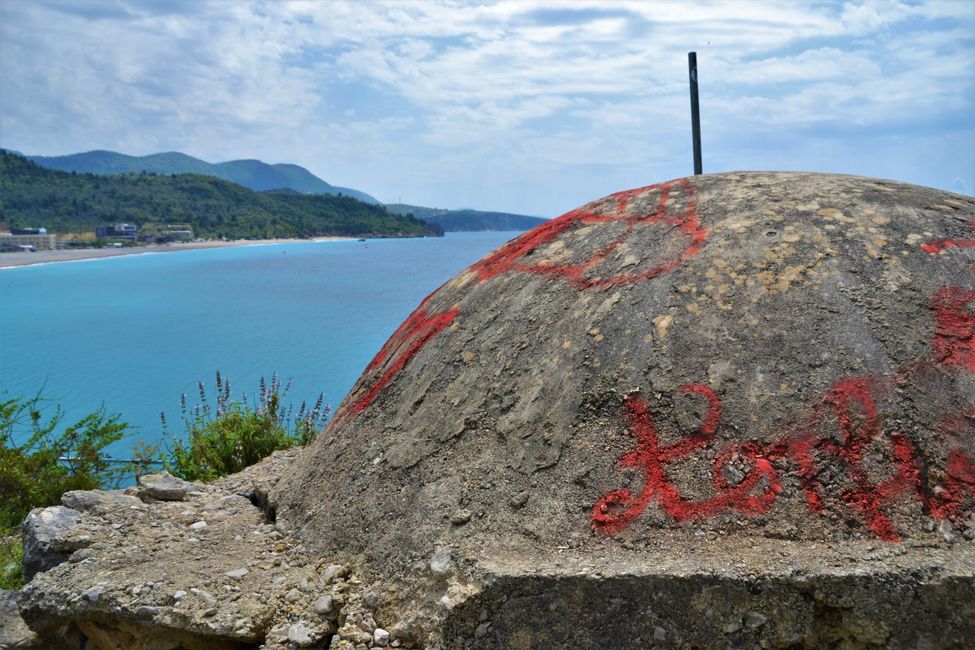
Ku biir Wargeysyada
May 21, 2022: Morina
Before crossing another border, we want to write a conclusion about Albania. We wrote it independently of each other, without knowing the content of the other. So here are our conclusions about Albania:
F. Albania, or Shqipërisë as it is called in the local language, is a paradise for free camping with a camper. There is no official camping ban, so you can park anywhere as long as it is not a private property or a public place. However, even on private properties, it is usually not a problem as long as you have asked the owner for permission. This allowed us to stay overnight in the most beautiful places. I especially liked the Valbona Valley (#129), and the two beaches at Bunecit (#121) and Shëngjin (#128).

Before traveling to a foreign country, you hear more or less about it. You hear a lot of rumors and stories about Albania. After three weeks of traveling in Albania, I can say that some things are absolutely true and some things are complete nonsense. The traffic is chaotic, but not much more than in Greece. The speed limits are sometimes a bit annoying, as on country roads they often drop to 40km/h at intersections, even if 80km/h was allowed before. Most main roads are in absolutely great condition. In 90% of cases, if there is an asphalt surface on the road, there are no road damages. However, you have to be very careful with the concrete speed bumps, which are also known in many other countries and serve to reduce speed. Most of the time, they have no sign or color marking to announce them.
The proportion of Mercedes cars is astonishingly high in Albania. There are several stories about this, but the most plausible one for me was that the roads in Albania were very bad 20 years ago and it was assumed that Mercedes cars had the best suspension. Today, a car in Albania is also a big status symbol, and so you can also see many other luxury brands, especially German ones. Of course, this status symbol also needs to be maintained, so there is a car wash almost everywhere where you can have your car washed by hand.

Sometimes it seemed to me that there are more car washes than public trash bins, but that is certainly a faulty perception on my part. There are plenty of trash bins in Albania now, although I have never seen them being emptied. The country's waste problem from the past is still visible in many places, but I had imagined it to be much worse. In the past, the trash was collected at an unofficial site in the village and then burned from time to time. I only saw this practice once on our trip.

Gassing up here in Albania is similarly relaxed as in Greece. Getting out of the vehicle is not necessary. However, the windshield is not cleaned - the device for it is also not available. Surprisingly, the price is very high compared to Albania's neighboring countries. We filled up for 2€/L, which was by far the highest price on our journey so far.
Communism has left deep traces in this country. The family is still considered the highest good and one of the few institutions you can rely on. I can't say much about the current power structures in an Albanian extended family, but in the past it was very strictly regulated. The oldest man in the extended family had almost 100% guardianship over the rest of his family, including the families of his younger brothers. The ownership of land was not clearly regulated after the end of communism. So it was often the case here that whoever claimed ownership of a piece of land first was also the rightful owner. Until today, some properties cannot be completely traced back to rightful owners. Everyone used to build where there was space and where no one else had built faster. This is a big problem, especially in the coastal areas, where many hotels have been built.


Otherwise, most Albanians are super friendly and absolutely happy about us tourists. The only obstacle so far is the language, as little English is spoken and the Albanian language is very difficult to learn and understand. You usually get further with German or Italian than with English. Albania is undergoing a very rapid transformation process from a completely impoverished former communist state to an EU member. Tourists who were here two or three years ago will certainly not recognize the country. It would probably happen to me too in two or three years. I am curious how long free camping in Albania will still be so easy and whether Albania will become the new Croatia in a few years.

J. Albania is a very impressive and exciting country.
It is different from all other European countries we have been to so far, and it is an experience to travel here. I don't even know where to begin.
We had heard so much about Albania on our journey. Many other travelers raved about the beauty of Albania and the friendliness of the Albanians, and quite a few even declared it their favorite country in Europe.
Actually, Albania's landscape is very diverse and beautiful. Many things impressed me: the high, lonely mountains in the south, which extend to the coast, the white stone beaches with turquoise water, the plains with gentle hills in the center of the country, the endlessly long sandy beaches in the north, the incredibly blue springs and the many reservoirs in the country, and last but not least, the high, snow-covered mountains in the northeast, which are called the Albanian Alps for a reason. The three weeks we spent in Albania were filled with beautiful nature.
However, we had also heard before that Albania is incredibly poor, or that the gap between the rich and the poor is alarmingly wide and that you should plan several days to weeks for the culture shock. I cannot confirm that.

But back to the Mercedes: We saw an incredible number of them in Albania, it felt like every other car coming towards us was a Mercedes. Even buses, vans, and trucks are almost all Mercedes, but we especially saw a lot of C-Class cars from all different years. But we also frequently saw other German car brands (VW, Audi, Opel, etc.) on the streets. It is striking how old but very well-maintained many cars are here. I asked some locals about the reason for the Albanians' love for Mercedes. The answer: We have bad roads, so we need good cars. Apparently, Mercedes has long been considered the car with the best suspension. However, the car is also a status symbol.

Regarding the bad roads in Albania, we had also heard a lot beforehand, but I have to say: That is a thing of the past. I had expected that we would encounter potholed roads right after the border and that we would shake through the entire country. However, we only came across a few super bad roads (#119, #130), almost all roads are new and very good. There are also already some highways in the country, and new roads and highways are being built intensively. However, you cannot reach high average speeds in Albania, but that is less due to the roads and more due to the mountains. Additionally, you always have to expect slow donkey carts and carriages as well as goat, sheep, or horse herds on the road. Cows also walk on the road, but not in herds. One to four cows are cared for by a shepherd, and the goat and sheep herds usually have a shepherd (or goatherd?) with them, only the horse herds run around unattended with a bell around their necks.


Another interesting aspect was that you can almost only pay in cash with the Albanian currency Lek everywhere. While there are occasionally card readers at gas stations and supermarkets, they do not always work. (Tip: To get cash cheaply, you should use Credins Bank, it is the only one that does not charge a fee of up to 8 euros per withdrawal.)
I also found it very interesting to come across small bunkers everywhere in the country. There are still 160,000 bunkers in the country, as the communist leader of Albania, Hoxha, believed that Albania would eventually be attacked by the whole world; they were supposedly even prepared for a nuclear war.


The big difference between Albania and the other countries we have been to probably lies mainly in its history. On this journey, we have not experienced so much current, moving history anywhere else. Until 1991, Albania was completely isolated and has been developing rapidly since then. I am sure that travelers who were here 5 years ago will not recognize much, and we would probably discover incredibly many new things in 5 years as well.
During this trip through Albania, my favorite places were the breathtaking mountains in the northeast near Koman and Valbona (#130), the beautiful coast between Himara and the Llogara Pass (#123), and the vibrant and lively capital Tirana (#127). Of course, we did not see "everything" in Albania, as we skipped some tourist spots because they were in a very long dead-end road with no or a very bad road afterwards (Teth, Osum Canyon), and we heard about others too late (Lake Ohrid and some less touristy lakes and canyons). I am curious to see how Albania will develop in the coming years and which places will be developed as tourist destinations next. Albania will certainly always be worth a visit because of its beautiful landscape, friendly people, and delicious food.

If you want to travel to Albania or any of the other countries we have been to and have any questions or need tips, feel free to contact us. 😊
Day 218 - Total tour 16,252 km
---- Subscribe ----
If you want to subscribe to our blog, you can either sign up with Vakantio and click on "subscribe" or send us a message and we will add you to our own mailing list. We also appreciate feedback!
Email: querfeld2@gmail.com
Ku biir Wargeysyada
Jawaab
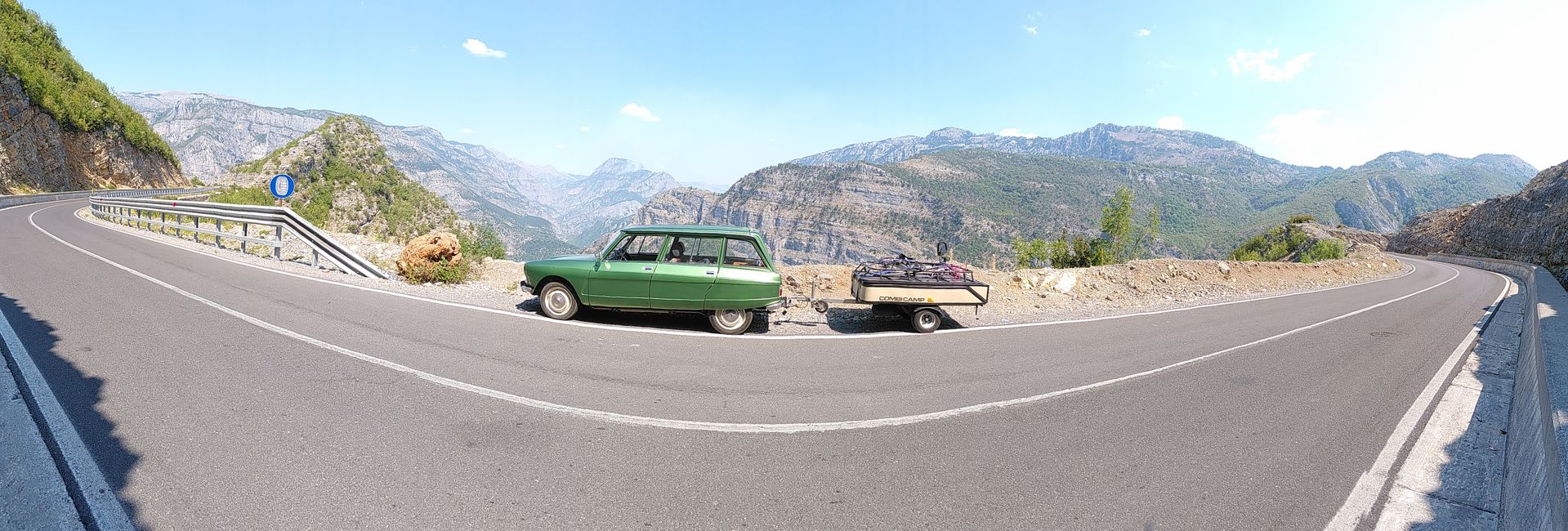
Warbixinaha safarka Albania
